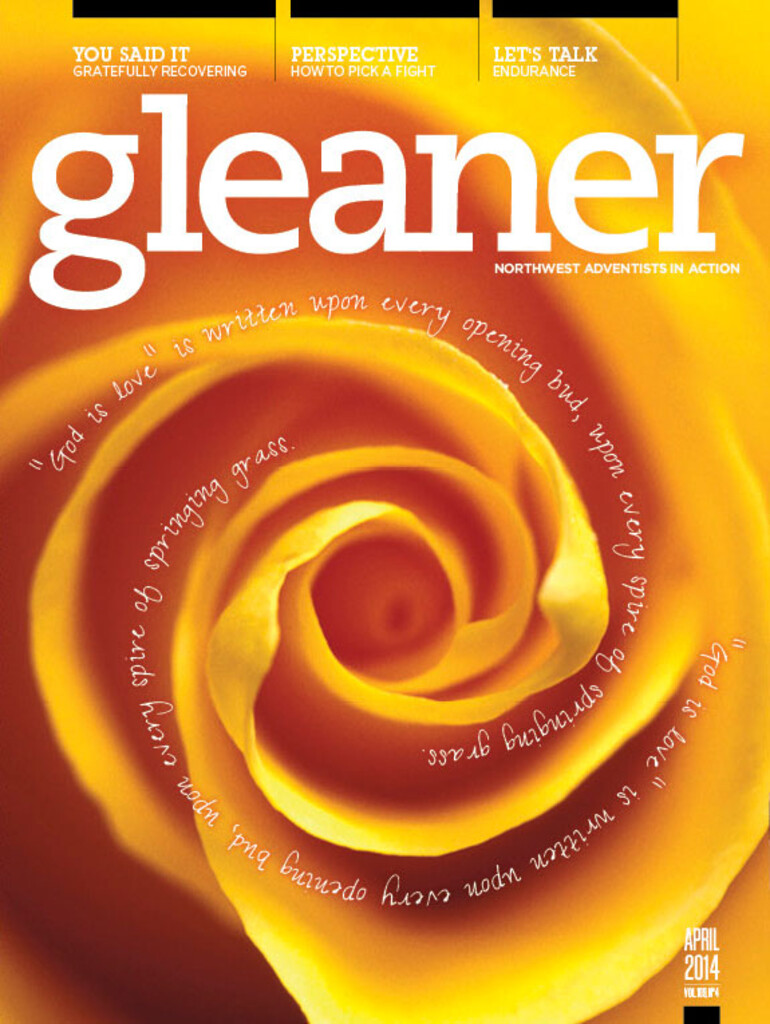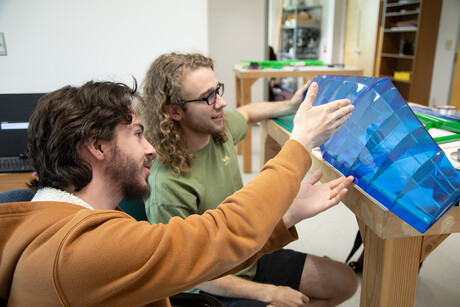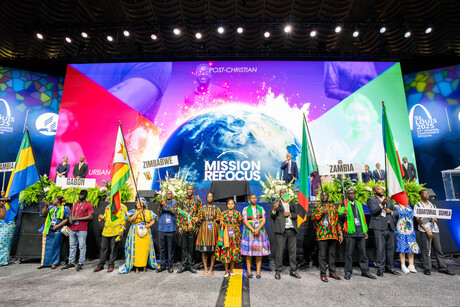The Great Gospel Commission should be familiar to every Seventh-day Adventist Christian because it is the task heaven has entrusted to His people in preparation for the Second Coming of Christ. It's call is clear: “Go ye therefore, and teach all nations, baptizing them in the name of the Father, and of the Son, and of the Holy Ghost: Teaching them to observe all things whatsoever I have commanded you: and, lo, I am with you always, even unto the end of the world” (Matt. 28:19, 20).
Have you looked closely at this heavenly directive? It says “go,” not “come.” Think about the usual evangelistic and outreach activities that happen in your community. Do they require people to “come” to your church, community center or school? Or do they require you to “go” out into your community and come alongside your neighbors and friends? Inviting them to “come” is good, but let’s not forget that the Gospel Commission says, “Go.”
“Teaching them to observe all things whatsoever I have commanded you.” We may have varied opinions on when this teaching is to take place. Is it before or after baptism? Do we consider the job finished once we have gone over the 13-point baptismal vow? Or should we include all 28 of the fundamental beliefs? What if a baptismal candidate can answer every question about our basic beliefs but has not experienced a meaningful relationship with Jesus Christ? Or what of the individual who has developed an emotional or cultural connection with spirituality yet has not grown in their understanding of scriptural truth?
During recent meetings at our world church headquarters, I was excited to hear some amazing statistical reports. Obviously our divine mission should never be defined only by facts and figures, but here are a few examples to consider. Every 28 seconds another person joins the Seventh-day Adventist Church. That amounted to 127 per hour and more than 3,000 each day in 2012. While we often view our world church through North American perspectives, 89 percent of our current membership is in Africa, Asia and Latin America, and 95 percent of the baptisms are there.
What we consider to be the “norm” on our home continent is unthinkable in other parts of the world. For instance, each pastor in the Southern Africa Indian Ocean Division is responsible for 14 congregations and adding 140 new members to the church each year. In contrast, the average North American Division pastor is responsible for just 1.5 congregations and adding three new members each year.
You might also be interested to know that the North Pacific Union Conference is the sixth highest union in our world church for tithe contributions. We believe in sustaining the worldwide mission of this global church.
These statistics are just a snapshot of the progress of the church at the end of 2012. We need to remember that the “harvest” may not be ripe at the same time in all parts of the world or even our local communities.
The world church and each of our local churches must continue responding to the divine mandate to reach the world using a variety of styles and methods to reach the varieties of people and cultures that occupy planet earth. Randy Maxwell, pastor of the Kuna Church near Boise, Idaho, quipped recently, “We need both microwave and Crock-Pot style evangelism.” I agree. Sometimes people grow in the knowledge and understanding of scriptural truth very quickly, while others require a much more measured path to commitment. We need both public evangelism and personal evangelism.
While we continue to invite people to “come,” we must also answer to the call to “go,” using our unique spiritual gifts to be part of God’s plan for finishing His work in the Pacific Northwest.










